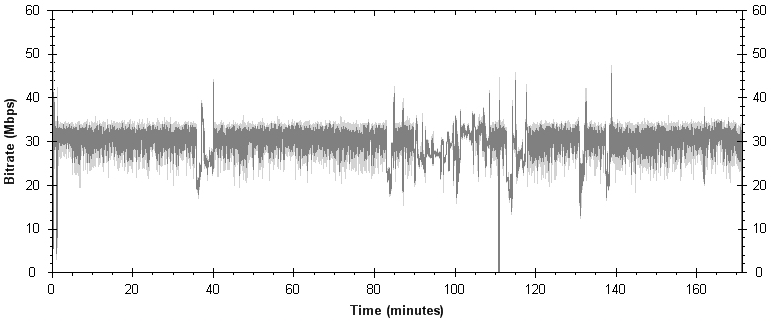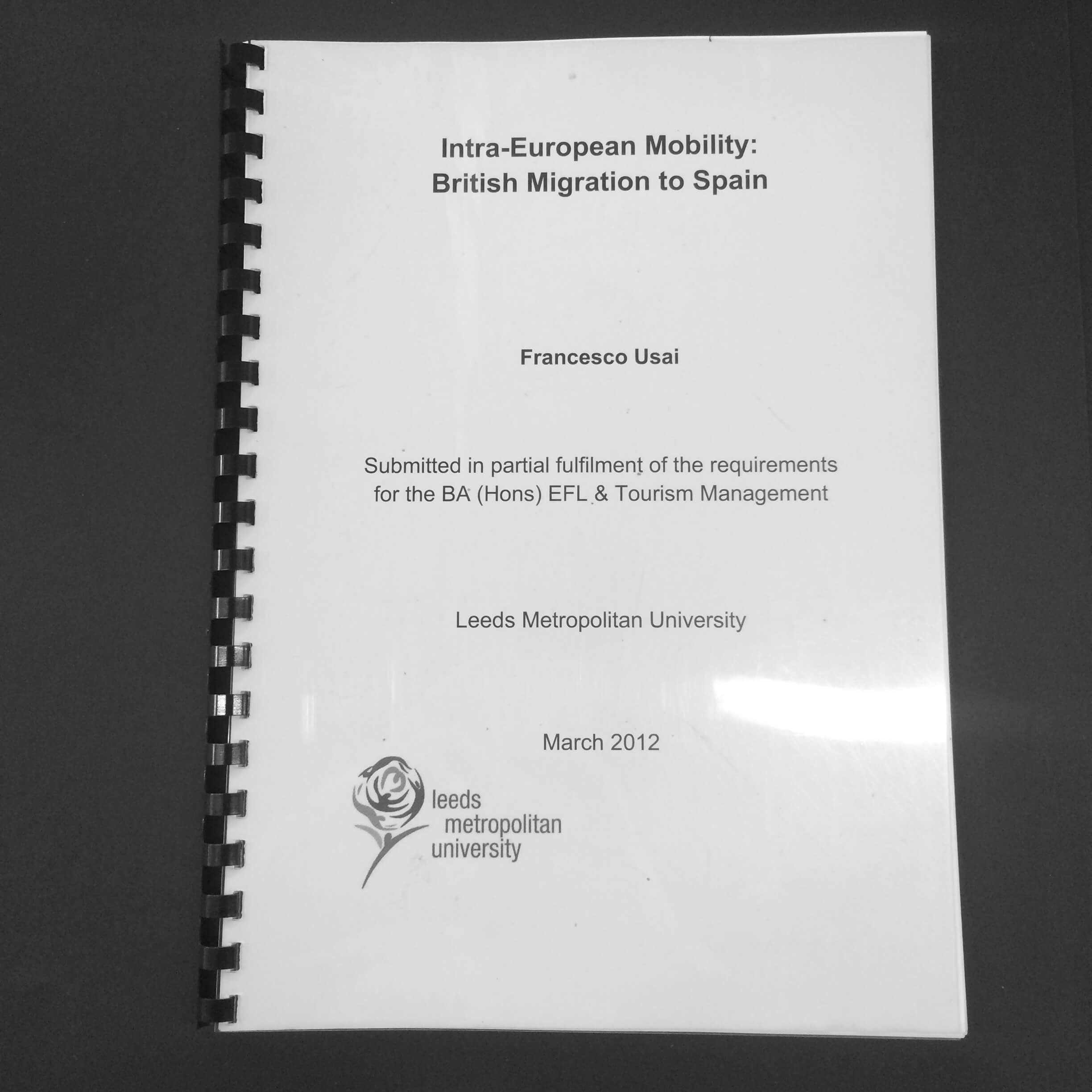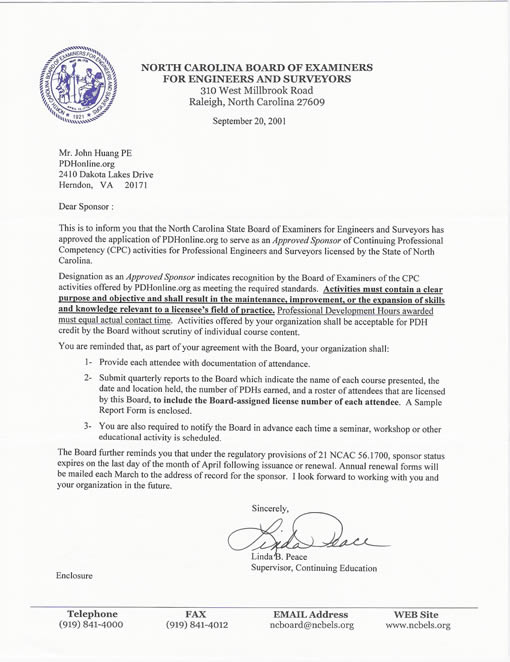Emile Durkheim’S Theory - A Focuses On Social Structures.
Durkheim’s emphasis on social norms did not preclude him from advocating the evolution of such standards. This, of course, would require an individual or segment of the population to challenge the existing norms, thereby, breaking the collective consciousness. These actions may initiate the collective consciousness to rethink their norms.
Durkheim further posited that for a social fact to be considered normal, it would contribute to the health of a society, as mentioned earlier, it maintains accepted social processes, it promotes and is naturally coherent with accepted social norms.
Durkheim believes socialisation is important to keep society functioning well and that we should pass our rules, norms and values through generations and change nothing to maintain social stability. Durkheim theorises that we all depend on each other and our institutions need each other in order to survive, this is known as Interdependence.

In the present paper, we study the social context of adolescent delinquency in order to examine Durkheim's theory of social order. We use survey data on urban adolescents in Iceland that allow us to examine key theoretical constructs on both the community and the individual levels of analysis.

He addresses the five questions encompassing norms which Sharyn Roach Anleu summarised following Emile Durkheim's theory of norms being truly a 'social simple fact'. These questions verify that deviance can be an portion of sociology that is 'full of issue and competing ideas' (Lloyd, 2007, p319).

As the do’s and don’ts of social life, norms are a critical component in the makeup of human culture and therefore play a highly significant role in determining what it means to be human. When codified, norms are laws or other types of institutionalized regulatory strictures.
Essay on Durkheim's theory of division of labour.. A foremost theme in all Durkheim's writings is the importance of collective social norms and values in preserving social cohesion and.

Durkheim on solidarity Of all the things I’ve learned about from researching Durkheim’s thoughts and ideas, the most striking one were the ones which surrounded social solidarity. To put it simply, social solidarity is a set of norms, values and morals that hold a certain group of people together.

The concept of anomie was first posited by the French social theorist Emile Durkheim in his 1893 publication, The division of Labour in society. For Durkheim anomie was a condition in which society was unregulated, lacking coherent moral norms, which could be seen to lead to deviant behaviour.

Durkheim’s emphasis of modern society was on the norms, values and belief systems that governed it. After determining what resulted from modernization, Durkheim unlike Marx was interested in reforming not eliminating modern society. In analyzing Durkheim’s theory of modern society, I will begin with the focal point of it, namely solidarity.

Durkheim characterizes this external force as a collective conscience, a common social bond that is expressed by the ideas, values, norms, beliefs, and ideologies of a culture. “As there is nothing within an individual which constrains these appetites, they must surely be contained by some force exterior to him, or else they would become insatiable—that is morbid” (1928) 1978, p. 213).

Durkheim’s analysis is significant for it throws light on the far-ranging effects that the division of labour has no social and personal life. Anomie and Social Deviance: R.K. Merton in his book “Social Structure and Anomie” (1938) has thrown much light on the relationship between anomie and social deviance.

According to Durkheim, this normlessness occurs during periods of rapid social change, when traditional norms are upset or called into question and new norms have not yet been established. For Merton, on the other hand, anomie is not a temporary state, but is instead a chronic characteristic of some societies.




